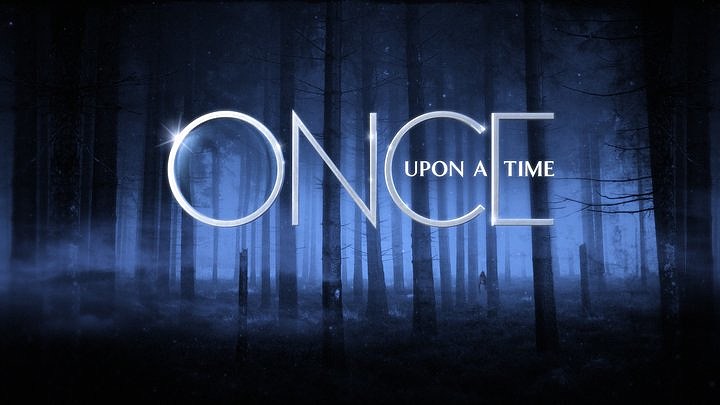 |
| image found on wobm.com |
But this post isn't about Lost. It's about Once Upon A Time. It's on the verge of saving my wife and I from our aforementioned depressing quandary.
Once Upon A Time has two distinguished screenwriters in common with Lost (Adam Horowitz and Eddy Kitsis), and there are aspects of the show that are Lost-esque (as well as a few common actors). However, whereas a thorough understanding of Lost's main objective was mostly elusive (losing the faithfulness of many impatient fans), the main objective of Once Upon A Time is fairly clear in the first few episodes. Snow White's evil stepmother queen, in an act of genocidal vengeance, invokes a curse upon the fair princess and the entire fairy-tale-character community where their memories are erased and they're transported to a small town in Massachusetts, where the evil queen, supposedly the only one with preserved memory, is the hard-nosed and dictatorial mayor. It's therefore up to Snow White's daughter, Emma, who was so transported before the curse, to somehow restore freedom to all the oppressed and memory-robbed fairy tale characters. This is difficult, because Emma doesn't really understand the significance of who she is and she doesn't really believe in fairy tales.
Warning: There are spoilers in the following paragraph.
Thus far, Once Upon A Time has shown more didacticism and moral absolutism than Lost's first season, at least. One recurring theme we see in most villains and conflicts is the true notion that corruption can snowball from desperation. It's a true test of one's faithfulness to his/her own convictions when the proverbial chips are down. Are you willing to compromise your values? For many characters, the answer is sadly yes. Cinderella, for example, is so desperate to escape her life as an emotionally-abused housemaid that she, unknowingly, signs away the life of her first-born child to Rumpelstiltskin (who gets a lot of power from contracts from frantic souls). The evil queen kills her own beloved father as part of the price to obtain the great curse that's the basis of the TV series, all because of her insatiable need for bitter revenge upon Snow White.
Whereas most evening programming tends to assume decadence and relativize morality, this is a show where desperate compromise breeds corruption, and characters dig their own graves. Once Upon A Time is realistic and acknowledges the occasional complexity of ethics, but the axes of good and evil are pretty well understood. It's also a show where family and honesty come first, and all curses can be broken (kind of like grace). And, like most fairy tales do, Once Upon A Time develops a longing for justice and peace in the story from its viewers.

No comments:
Post a Comment